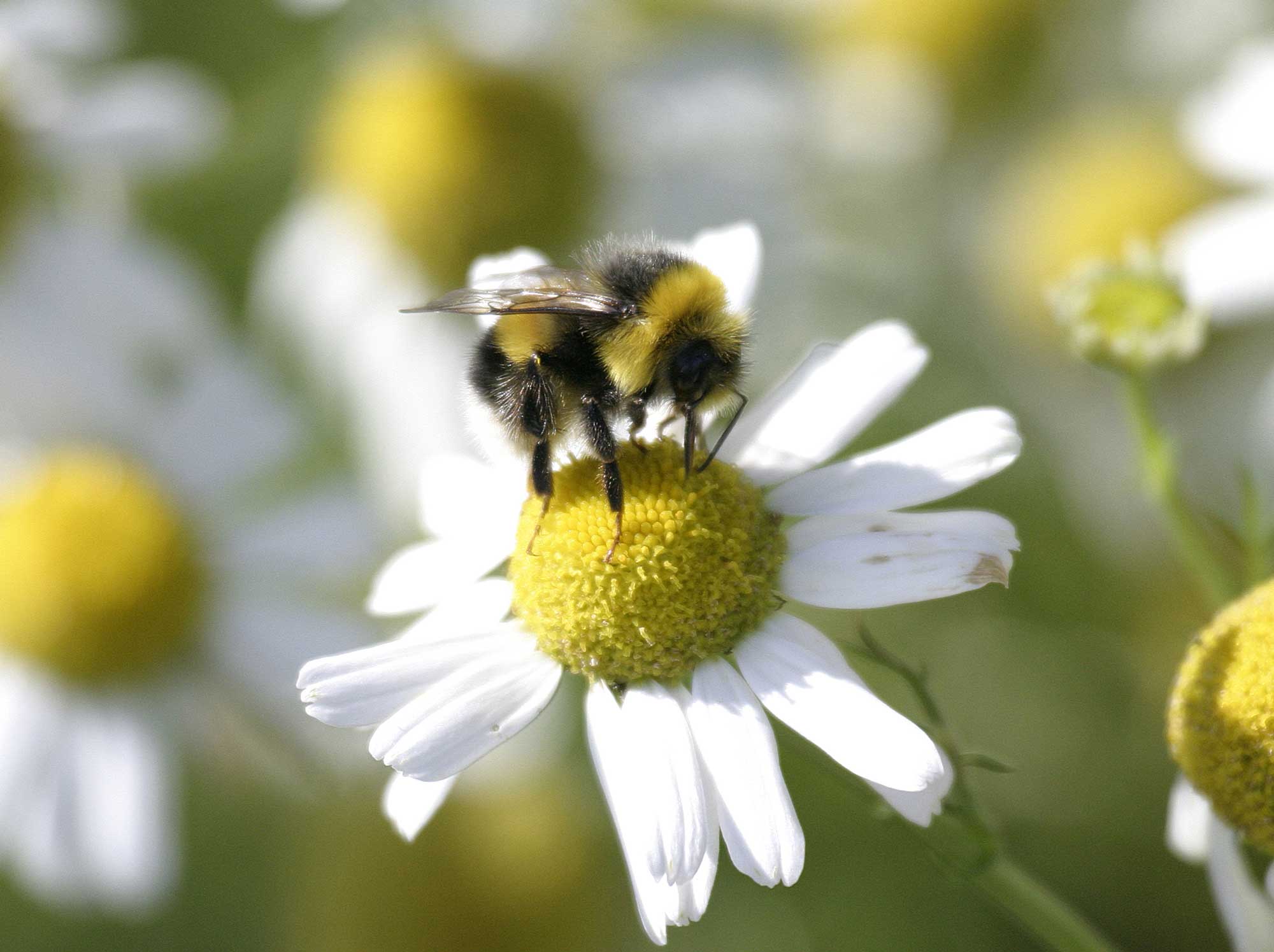
A new initiative to map, plan and prioritise action for nature locally that everyone in Sussex can be part of
Nature needs our help
Spending time in nature is good for our health and wellbeing. It gives us our food and water, it supports jobs and the economy, and provides other things we may take for granted: clean air, clean water, the regulation of our climate, protection from flooding and much more.
But nature in England needs our help. Due to a variety of pressures, nearly half of our wildlife has been lost since the 1970s and the UK is one of the most nature-depleted countries in the world. We urgently need to protect the important places for nature that are left, and identify the opportunities to restore or create it, where it can have the most benefit for wildlife and people.
Towards a Nature Recovery Network for England
In response to this urgent problem, government has set out an ambition to create a ‘Nature Recovery Network’ of wildlife-rich places across England: expanding, improving and connecting places for wildlife across our cities, towns, countryside and coast.
Through the Environment Act (2021), it introduced a new locally-driven approach to help make this happen: Local Nature Recovery Strategies (LNRSs). Around 50 of these strategies will be prepared at the county-scale and together will provide a spatial blueprint for where and how this nature recovery network can be created through improving, expanding and better connecting areas for wildlife on the ground.
Government Regulations and Guidance related to the preparation of LNRSs were published in March 2023.
What are Local Nature Recovery Strategies?
Local Nature Recovery Strategies (LNRS) will be prepared through a process that brings local people, communities and organisations together to identify priorities and opportunities for nature’s recovery locally. This will include agreeing the best places to help nature recover, plant trees and create woodland, restore our grasslands and coastal habitats, mitigate flood risk and create green spaces for local people to enjoy.
Once prepared, LNRSs will be used to help guide effort and resources locally to improve, expand and better connect habitats for nature across our countryside, coastline, towns and villages.
LNRSs for Sussex
Government has appointed ‘Responsible Authorities’ to guide the preparation of each LNRS.
Two strategies will be prepared for Sussex:
- West Sussex ( West Sussex County Council has been appointed Responsible Authority for this strategy)
- East Sussex and Brighton & Hove ( East Sussex County Council has been appointed Responsible Authority for this strategy)
Government has also identified a number of ‘Supporting Authorities’ in this process, which in Sussex will be the remaining Local Planning Authorities (Brighton and Hove City Council, South Downs National Park Authority, Natural England and the District and Borough Councils). These authorities will be consulted throughout the LNRS preparation process.
Due to our tradition in Sussex of working together for nature across the wider Sussex area, West and East Sussex County Councils have committed to work closely together on the production of these new documents to ensure that we have a joined up approach across the area.
Government announced the formal launch of LNRS processes country-wide in July 2023. The process in Sussex will start in earnest this autumn and a new dedicated webpage for these processes will be created.
Get involved
For more information on the LNRS process in Sussex, see the dedicated website that has been created for it: ‘Sussex Nature Recovery’.
This provides much more information about how the strategies will be prepared and how to get involved, whether you are a resident, local group, farmer/landowner or business.
You can also contact the county councils directly on the emails below (using the one that relates to your location)
- EastSussexLNRS@eastsussex.gov.uk (for those in East Sussex and Brighton & Hove)
- WestSussexLNRS@westsussex.gov.uk (for those in West Sussex)
Work so far
Stakeholder Mapping: See here for a summary of early work carried out to identify stakeholders in Sussex for involvement in Local Nature Recovery Strategies. This piece of work is preliminary and will be used by both West Sussex County Council and East Sussex County Council to inform emerging plans for communication and engagement with organisations, sectors, communities and individuals in preparation of the LNRSs for Sussex.
